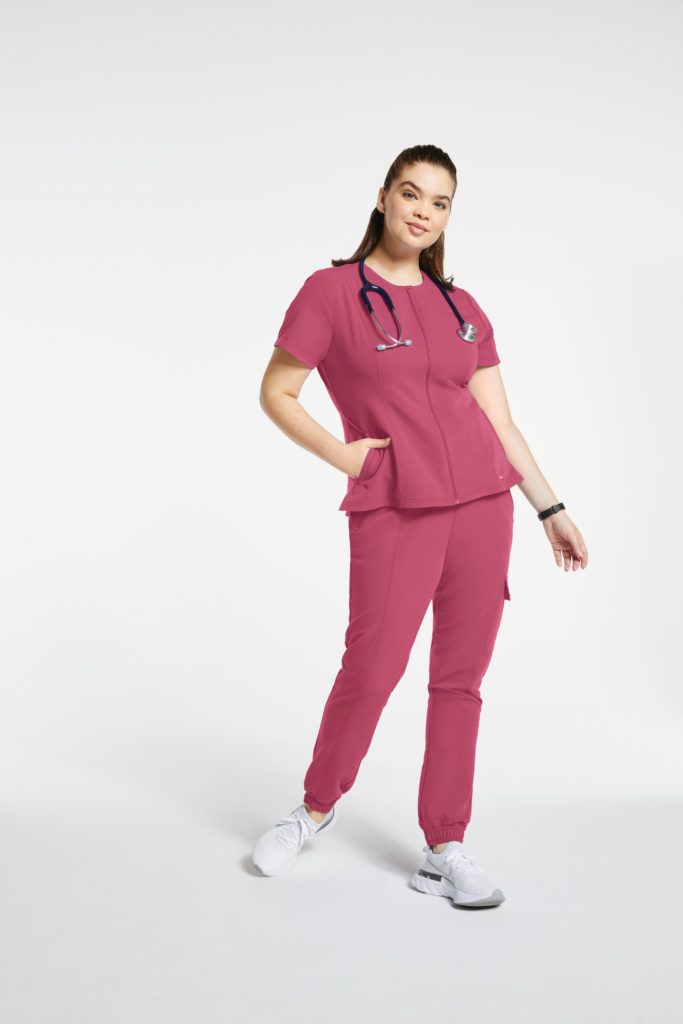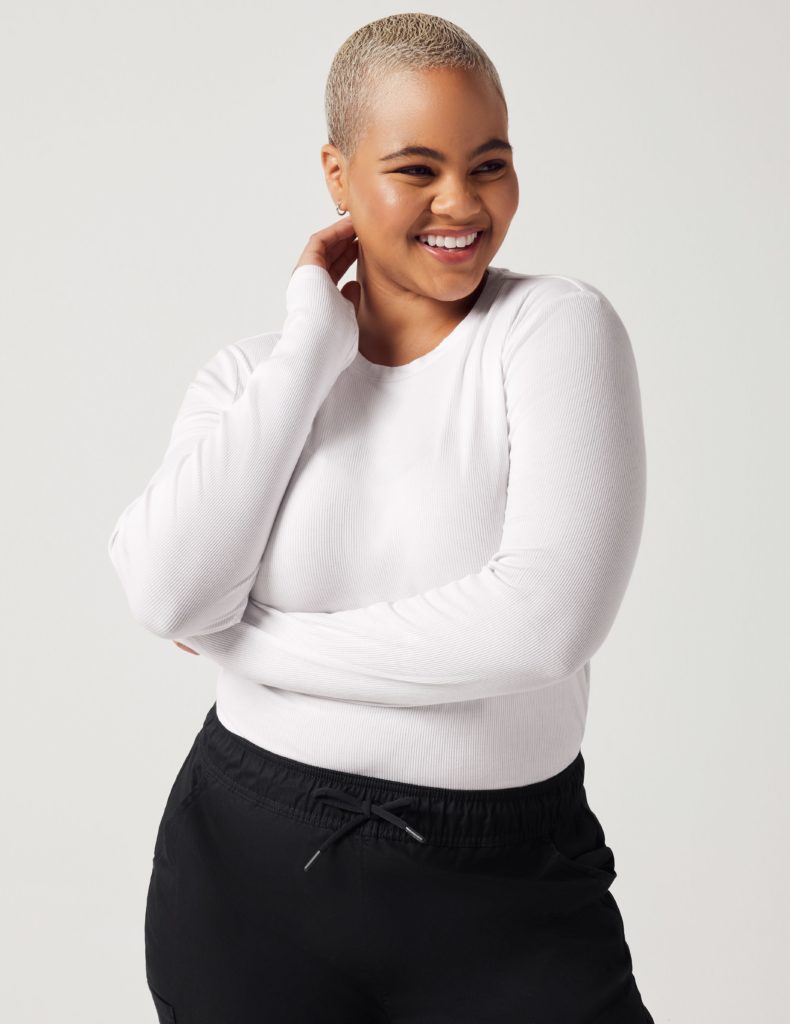Our elders have had numerous adventures and stories to tell. They’ve given so much to their communities and now, in the later stages of their life, deserve excellent care, a willing ear and comfortable lives.
If you’re a great listener and a cautious, empathetic caretaker, geriatric nursing may just be for you. If you are, we can’t urge you enough to heed that call to become a geriatric nurse. There’s an elderly population that needs great care that only medical professionals like you can provide.
The reward? You’ll spend your working hours around people who’ve explored the richness of life, and you’ll get to share in their stories and help them continue to enjoy their golden years.
What is a geriatric nurse?
Geriatric nurses work with older adults and have a specialized skill set to care for this population.
Much of the work these registered nurses do centers on quality of life. But gerontological nurses also understand the specific needs of this more vulnerable population and how to identify medical issues before they turn into grave conditions.
Geriatric nurses must also identify mental health concerns quickly. These nurses often become their patients’ friends, and as such, they can keep a close watch for symptoms of depression and stress.
In short, this is a role that requires attention, empathy and an eye for detail.

What does a geriatric nurse do?
To sum up the key tasks of geriatric nursing: It’s all about demonstrating patience, being a good friend and knowing your medical stuff. Here are some other patient care tasks a geriatric nurse may perform:
- Organizing and administering medications
- Talking to patients about any current health conditions
- Monitoring mental health and cognition
- Educating patients on how to care for themselves, stay safe and prevent disease
- Educating patients on common changes that this age group experiences, like incontinence and cognitive changes
- Monitoring vital signs
- Assisting with hygiene routines
- Implementing care plans established with the help of a physician
- Performing case management
- Assisting with pain management
What are the roles and duties of a geriatric nurse?
Duty goes beyond just performing tasks. Geriatric nurses are responsible for looking out for their patients—just like you might look out for your aging friends and family members—and helping them stay physically and mentally healthy and safe. So, one of the most important duties that a geriatric nurse performs is to keep a careful watch for signs of the following conditions:
- Diabetes
- Chronic pain
- Arthritis
- Osteoporosis
- Heart failure
- Stroke
- Cancer
- Dementia
- Changes in sleep patterns
- Changes in mobility
- Alzheimer’s disease

What qualities should a geriatric care provider possess?
We can’t say it enough: Older patients deserve empathy and focused care. We know you’re just the person to provide it. To excel in this career, you’ll want to hone these essential qualities:
- Patience
- Empathy
- Creativity
- Compassion
- Understanding
- A willingness to listen
- Attention to detail
- Strong communication skills
How to become a geriatric nurse
If you’re seriously considering becoming a nurse, you probably know the extensive amount of studying involved (not to mention all the cool accessories that come with the territory, too!).
We admire that drive to push your education further. And, in a medical career, you’ll be learning for the rest of your life. Here’s how to start an enriching career as a geriatric nurse:
- Get your Associate Degree in Nursing (ADN) or a Bachelor of Science in Nursing (BSN) from an accredited nursing program. One important thing to keep in mind when choosing your program: If you earn a BSN, you’ll likely be able to pursue advanced nursing roles (like that of a nurse practitioner or advanced practice registered nurse) with greater ease than if you get an ADN.
- Sit for the NCLEX-RN exam in your favorite comfortable scrubs. That’s the test that will earn you your registered nurse certification.
- Put in some clinical hours. Geriatric nurses should try to gain experience in critical care to become more familiar with caring for geriatric patients with severe illnesses or that use medical devices like ventilators.
- Get your Gerontological Nursing Certification (RN-BC) from the American Nurses Credentialing Center (ANCC). To be eligible for the geriatric nursing certification, you must hold an active RN license and be able to prove two years of experience in the field, 2,000 hours of gerontological nursing clinical practice and 30 hours of continuing education.

Where do geriatric nurses work?
As you probably already know, geriatric nurses typically work in environments where senior citizens live or receive medical care. These include:
- Nursing homes
- Rehabilitation centers
- Senior living and retirement communities
- Care facilities for elderly patients
Geriatric nurses also work in more general healthcare facilities like:
- Hospitals
- Patients’ homes
- Long-term care facilities
What is the career outlook for a geriatric nurse?
As with most nursing careers, the outlook for geriatric nursing ones is excellent. Our seniors will never cease to need quality care, which means geriatric nurses are always in high demand.
For careers in geriatrics, the U.S. Bureau of Labor Statistics projects a growth rate of 19-26% over the next decade.
So, how’s the money? In the United States, the average geriatric nursing salary is currently between $40,000 and $50,000.
As you use your skills to do good in the world by caring for the elderly, we’ll do all we can to support you with our skills. As crafters of premium, comfortable scrubs, we’re here to keep you looking and feeling great at work while taking on one of the most important healthcare careers.

